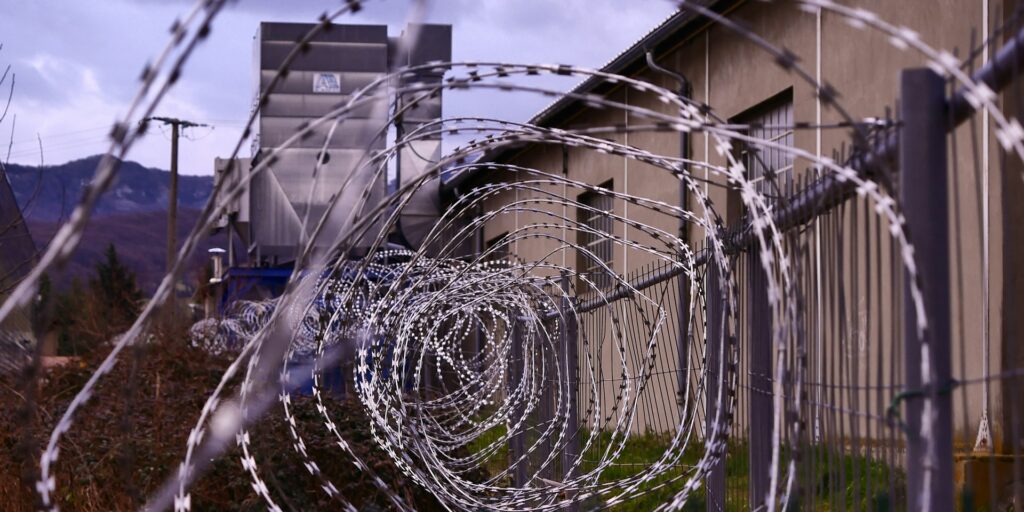- Most criminal cases in Canada are resolved by guilty pleas - February 13, 2025
- Police can search a vehicle without a warrant in some circumstances - December 20, 2024
- Supreme Court of Canada says bail the ‘cardinal rule’ after an arrest - November 29, 2024
By LegalMatters Staff • Many products flow easily over the Canada/U.S. border, including child pornography, with both countries handing out harsh sentences to perpetrators.
“Child pornography is illegal under federal and state laws in the United States and is punishable by up to life imprisonment and fines of up to US$250,000,” says Ottawa criminal lawyer Céline Dostaler. “While some types of pornography receive First Amendment protection, child pornography does not.”
She explains that U.S. sentencing guidelines on child pornography are harshest on those who produce and distribute the material, with lesser sentences given to those who purchase or view it.
“The age of the child involved is also a factor,” says Dostaler. “Those who produce child porn can be extradited to the United States to face trial where the penalties are considered to be among the harshest in the world.”
She says the average sentence for Americans convicted of trafficking in child pornography was 136 months, while the average jail term for offenders convicted of possessing child pornography was 70 months.
In addition, Dostaler notes that 99.1 per cent of child pornography offenders were sentenced to prison with the average jail term being 104 months.
She says online sexual offences against children include sexual interference, invitation to sexual touching, sexual exploitation, luring a child and bestiality (in the presence of a child).
“It is commonly accepted that only a fraction of sexual offences come to the attention of police and, subsequently, the courts,” Dostaler says.

